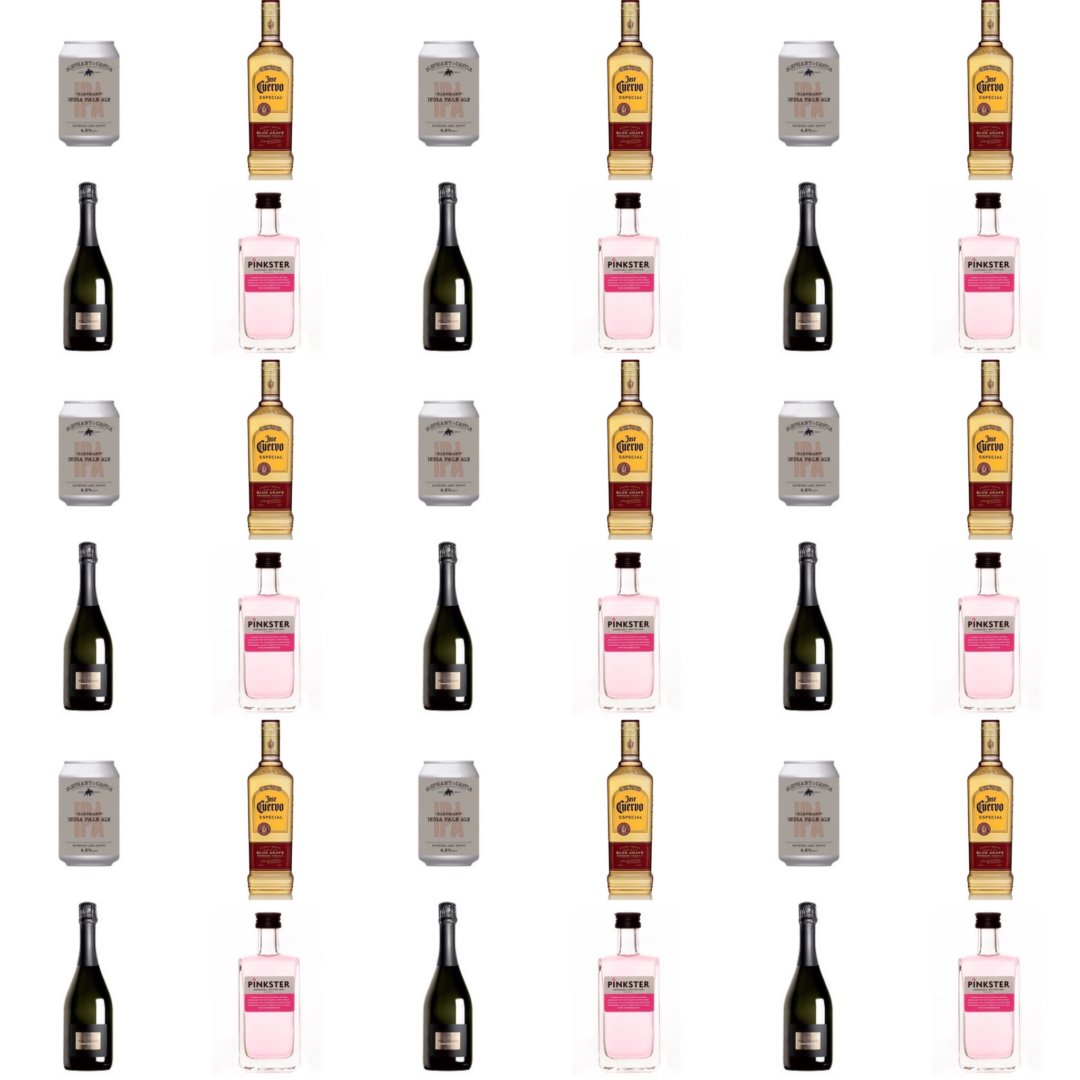Raising Equity Finance: Liquor in the Limelight
As part of our sector-specific spotlight series, Envestors is turning its attention to investment in the UK alcohol industry. Despite the so-called ‘Millenial sober revolution’, a team at University College, London recently published a report that shows the young are now drinking less than ever – however, the rest of Britain is not quite ready to dispense with the hangovers just yet. The industry is worth £16bn annually in the UK alone and a recent study, released by WiseGuyReports, suggests a CAGR 4.09% for the next six years. Investment in this category is often referred to as ‘sin stocks’, because in certain territories – the Middle East, for example – these are considered to be immoral or unethical. In the UK, however, alcohol is a highly popular commodity and can prove to be very lucrative to an investor’s portfolio.
Key trends
2019 has shown us that that people want to be more than their favourite brands’ customers, they want to ‘belong’ and it is now easier – through crowdfunding platforms in particular – to invest a small amount into a brand they love to become part of its ‘tribe’. The BrewDog Equity for Punks campaign is a perfect case in point: in 2018, they raised £26 million, having enticed their customers to invest with benefits such as the kudos of being a ‘BrewDog Punk’, discounts of up to 10% in certain bars and 20% in the brewer’s online shop, depending on the amount invested.
Sophisticated angels are just as keen and with good reason: in the UK and Germany in 2018, spirits ‘outperformed’, with the latter experiencing a 2.3% increase year-on-year to €46m. While beer retains the lead in terms of value in the UK, spirits saw a 5.7% increase, largely fuelled by the growing popularity of gin, that saw a rise of 24% and was the leading sub-category in every country in Western Europe, increasing as much as 39% in Germany and 17% in France.
Foodbev.com reports on consumer trends in 2019; they have highlighted the rise of fruit-infused beer (specifically created to mask the traditional and more acquired taste of the beer itself), ready-to-drink cocktails, ‘pink drinks’ (partly due to their ‘Instagrammability’) and a particularly buoyant year for all things Mexican, particularly in the case of mezcal and tequila. Nostalgia also plays a healthy part: Envestors’ portfolio company, Brands Reunited, successfully raised £290,000 to bring back those names – such as Watney’s – that were so beloved in the past.
Success Stories
According to Beauhurst, between 2016 and 2018 there have been 84 successful fundraises in this sector. Particular highlights include Pinkster Gin (tapping into the pink trend mentioned above), a premium gin made from locally grown raspberries, who raised £1m, the Lakes Distillery, whose spirits are sold in retailers such as Harvey Nichols, Majestic and Booths, who raised £1.75m and Humble Grape, who brought in over £1m.
What drives investment into alcohol brands?
As we face an uncertain post-Brexit future, both politically and economically, angel investors are understandably more cautious about parting with their money. While no sector is completely recession-proof, the alcohol industry is often described – at the very least – as recession-resistant. Research shows that although people do tend to spend less on alcohol during a recession, the quantity actually increases, with consumers buying and drinking more, but just less expensive products. In 2018, six of the Sunday Times’ Fastrack 100 companies – the league table that ranks Britain’s top private businesses with the fastest-growing sales over their latest three years – were in the alcohol sector, including two craft beer makers. The UK alcohol market has plenty of established players but, like any sector, it’s not immune to innovation and change; the quirkier brands demonstrate how this can drive investment. Will Holt, the founder of Pinkster Gin, says ‘Over 95% of traditional gins are clear. Ours is pink because it’s produced with fresh raspberries. This disruptive approach and quirky branding has given us colossal stand-out in a highly competitive marketplace’. Another successful fundraise was driven by travel; Ken Graham, founder of Soda Folk, explains: ‘If you can find a problem to solve within the business, then you might be suited to being a beverage entrepreneur. In my case, I wasn’t able to find good American-style root beer when I moved to London from the USA, a problem I managed to solve by starting Soda Folk’.
Fundamentally, this is a competitive industry and whether a start-up is offering something completely new or totally captures the zeitgeist, the crucial rules of starting or scaling a successful business by attracting funds still apply: the strong management team, the realistic business plan, the patience when it comes to raising equity finance, the conservative valuation and the appreciation of good investor relations are just as crucial in this sector, as they are in every other in the fundraising and investing world.
